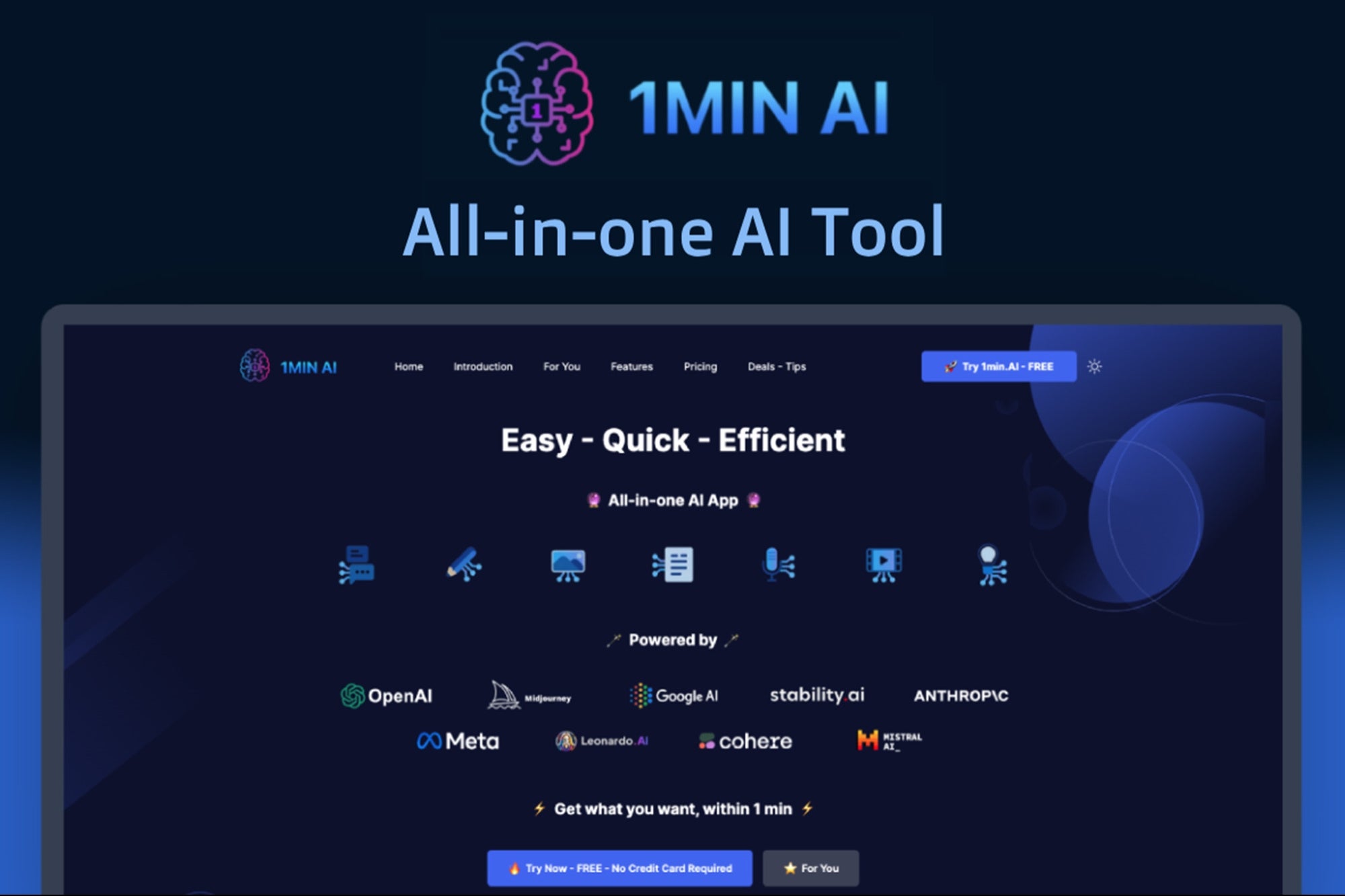Employee, Not Contractor: What the Uber Ruling Means for the Sharing Economy When a peer-to-peer startup is forced to classify workers as employees, not contractors, what are the implications? Attorney Jaia Thomas explains.
By Laura Entis
Opinions expressed by Entrepreneur contributors are their own.

Earlier this month, the California Labor Commissioner's Office ruling that a San Francisco-based driver for the ride-hailing service should be classified as an employee, not a contract worker, made waves in Silicon Valley and beyond.
Although it affects a single driver, the subsequent uproar was immediate and intense. Uber has appealed the decision, but if it loses and the ruling stands, the same arguments could be made by additional California drivers to sue the company as well as by workers for other companies operating in the sharing economy. And that's just the beginning of the potential ripple effect.
We spoke to Jaia Thomas, a Los Angeles-based attorney, to get a better handle on what the decision could mean for Uber and the sharing economy more broadly, as well as what she predicts it will actually mean.
What's at stake.
The decision handed down by the California Labor Commissioner's Office affects an individual, requiring Uber to fork over slightly more than $4,000 to a single driver in expenses and other costs for the weeks she worked for the company last year. But if Uber fails to win its appeal, Thomas predicts that it will face an onslaught of similar lawsuits, as well as class-action suites, from drivers in California seeking similar compensation.
Related: California Ruling Seen Unlikely to Dent Value of Uber, Other Startups
That's not the real issue, though. If the ruling snowballs into a direct challenge to Uber's legal ability to classify its drivers as independent contractors instead of employees, it could lead to an expensive policy change, explains Thomas. Unlike employees, independent contractors are responsible for their own taxes, their insurance and medical plans, and are not eligible for overtime. "In California, anything over eight hours a day is considered overtime. Currently, they don't have to pay extra if an Uber driver decides to drive a long shift," she says. Altogether, Uber "saves a lot of money by not classifying drivers as employees."
Uber's argument is strong, though.
In the end, this independent contractor versus employee debate centers on an employer's relationship with its workers. Factors such as whether or not the worker supplies his or her own materials, equipment and tools, and whether he or she can choose when and how many hours to work are important.
Uber's case is a strong in this regard and Thomas believes there is a good chance the company wins on appeal. While there are minimum standards that Uber drivers must meet, such as passing a background check and maintaining a clean car, "for the most part, the drivers have a lot of control over when they want to drive, how often, who they want to pick up and who they don't." The fact that Uber isn't supplying drivers with cars plus the inherent autonomy and flexibility of drivers' schedules are both strong arguments against classifying its workers as employees, says Thomas.
Related: Chaos Unfolds in France as Uber and Taxi Drivers Riot
Under the same argument, Airbnb hosts could argue that they are in fact employees of the lodgings-rental service, as the company requires them to meet certain requirements.
Says Thomas, "personally, I think it's a little ridiculous."
What happens if Uber loses?
While it would be an important ruling, it wouldn't set off a landslide of legislation. Firstly, the decision would only affect Uber drivers in California. More importantly, Thomas predicts that if Uber was to lose its appeal, it would simply change its terms for drivers, having new hires sign contracts explicitly forbidding them to sue the company on grounds that they are eligible for expenses and benefits.
If, down the line, federal legislation is passed requiring Uber, and other companies operating in the sharing space such as Lyft, Instacart and TaskRabbit, to reclassify its workforce, workers stand the chance of making more money per hour while also potentially losing the ability to set their own schedules.
For the consumer, it would likely mean higher prices as companies become more cautious about taking on new workers. All in all though, even if this unlikely scenario were to play out, it wouldn't cripple the sharing economy.
Bottom line, says Thomas, is that these services have already become our new normal.
Related: 5 Entrepreneurial Lessons From Uber on Its 5-Year Anniversary










